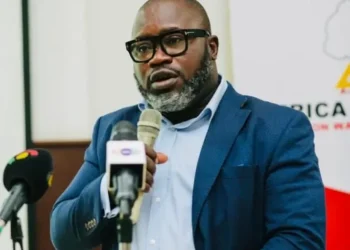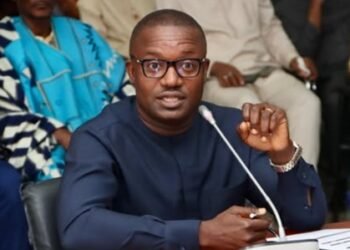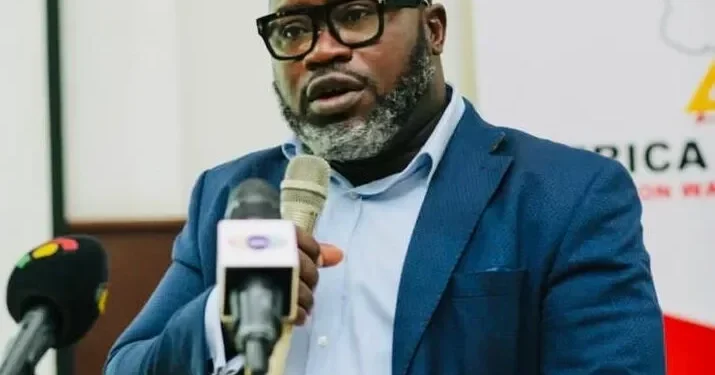The Ghanaian government has unveiled plans to reintroduce road tolls as a strategic measure to bridge the significant financing gap in the nation’s road infrastructure.
This announcement was made by the Minister of Roads and Highways, Hon. Francis Asenso-Boakye, during a high-level panel discussion marking the 50th anniversary of the Ghana Highway Authority (GHA).
During his speech, Hon. Asenso-Boakye underscored the pivotal role of road infrastructure in the socio-economic development of Ghana, highlighting that road transport accounts for approximately 95% of all transportation within the country.
“The need for increased funding to the Road Sector is both urgent and evident,” Hon. Asenso-Boaky emphasized, noting that only 44% of Ghana’s roads are currently in good condition, falling short of the 70% target for 2025.
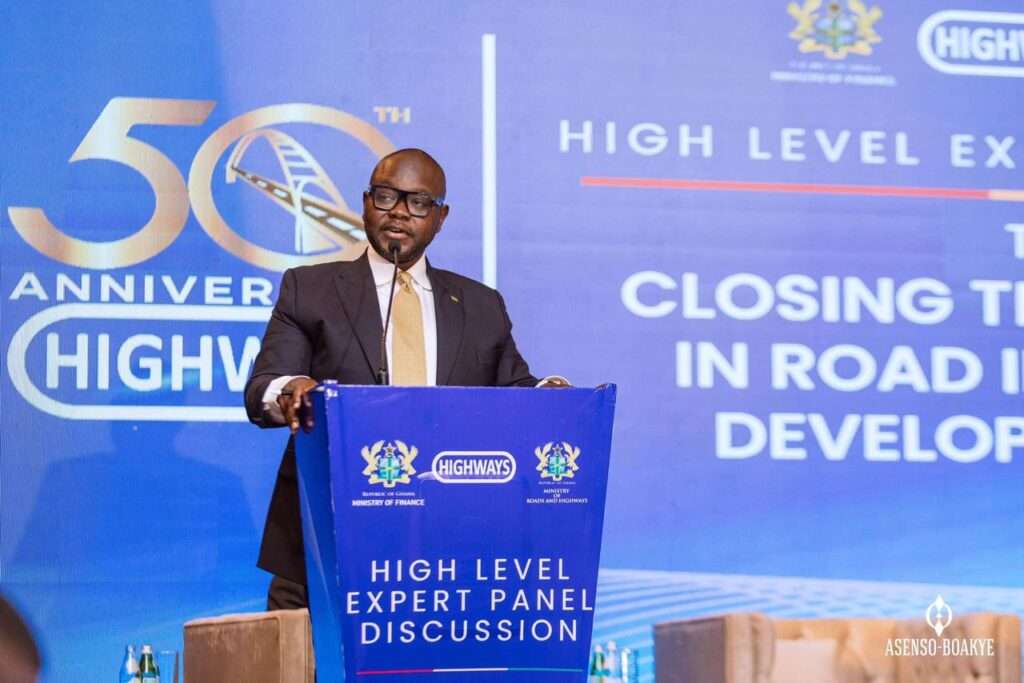
Given the current state of the nation’s road network, the minister underscored the urgency of increasing funding for the road sector.
In line with the recent announcement by the Minister of Finance to reintroduce road and bridge tolls in 2025, the Ministry of Roads and Highways has begun taking proactive steps towards this goal.
Hon. Asenso-Boakye cited the Korea Expressway Corporation, which generates $4 billion annually from tolls, as an illustrative example of the potential revenue that such measures could yield for Ghana.
The Minister also called for heightened engagement with private sector partners and international development agencies such as the World Bank and the African Development Bank. These partnerships are viewed as essential for securing additional funds and expertise necessary for Ghana’s ambitious road development projects.
As part of these efforts, the government is preparing to establish a National Roads Authority, which will unify the country’s three implementing agencies into a single entity.
This new Authority aims to streamline operations, improve efficiency, and create a more coordinated approach to road management, thereby enhancing the capacity to deliver better infrastructure and maintenance services.
Policy Initiatives for Addressing Challenges
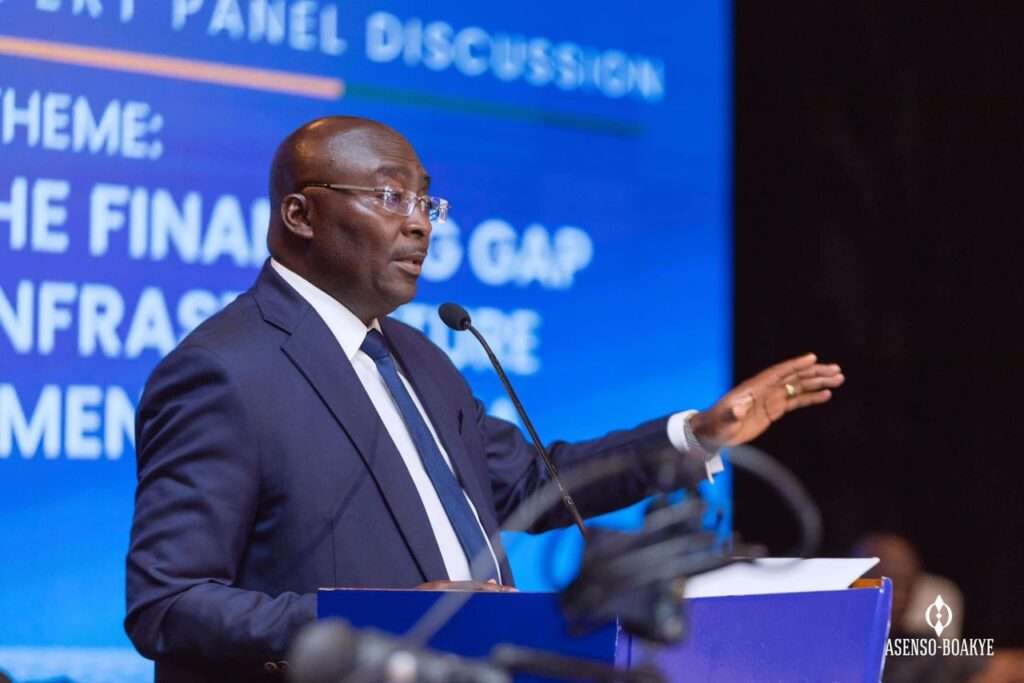
The Vice President, Dr. Mahamudu Bawumia, who was the guest speaker at the event, highlighted the critical role of road infrastructure in national development and the government’s commitment to addressing the financing shortfall.
According to Dr. Bawumia, recent statistics estimate that Ghana requires $12 billion to clear the maintenance backlog and bring the network of about 94,203km to an optimal level.
However, current funding levels cover only about 38% of this requirement, leading to deteriorating road conditions, increased maintenance costs, and missed economic opportunities.
Dr. Bawumia proposed several policy initiatives to address the identified challenges. These include fostering Public-Private Partnerships (PPPs) to unlock new funding streams and leverage expertise in project implementation.
As such, the government has taken proactive steps to create an enabling environment for PPPs, streamlining regulatory processes, and offering incentives to attract private investment.
Exploring innovative financing models, such as infrastructure bonds, road funds, and toll systems, was also suggested as a means to generate sustainable revenue streams.
The Vice President emphasized the government’s commitment to expanding such initiatives and exploring new models to enhance funding capacity.
The Vice President also emphasized the importance of enhancing domestic revenue mobilization efforts. By broadening the tax base and improving tax administration, additional revenue can be generated to support road projects. This includes collecting property rates in high-income neighborhoods and issuing municipal bonds to raise capital.
“The current architecture that we have in tolling turns to exclude even the wealthier part of the population.
“So, I live in Cantonments, East Legon, and Ridge which are the high-earned neighborhoods, I will not see a toll, but if I live in Kasoa or somewhere else I am likely to meet a toll on the way. There seems to be an inequity in tolling. I believe that we should look at broad-based tolling.”
Dr. Mahamudu Bawumia, Vice President
The proposed policy initiatives aim to unlock new funding streams and leverage expertise, setting the stage for a more robust and efficient road infrastructure system that supports Ghana’s socio-economic development.
READ ALSO: UK Takes Defense To The Skies





